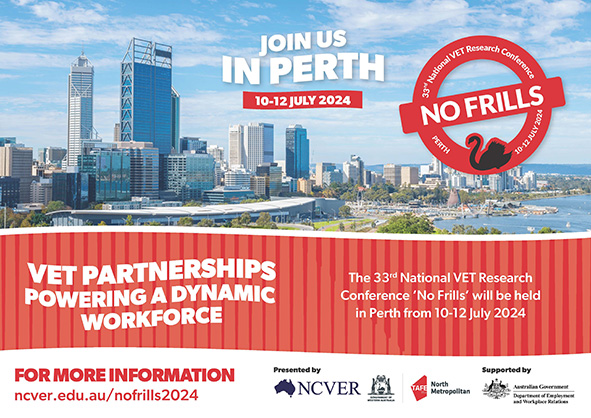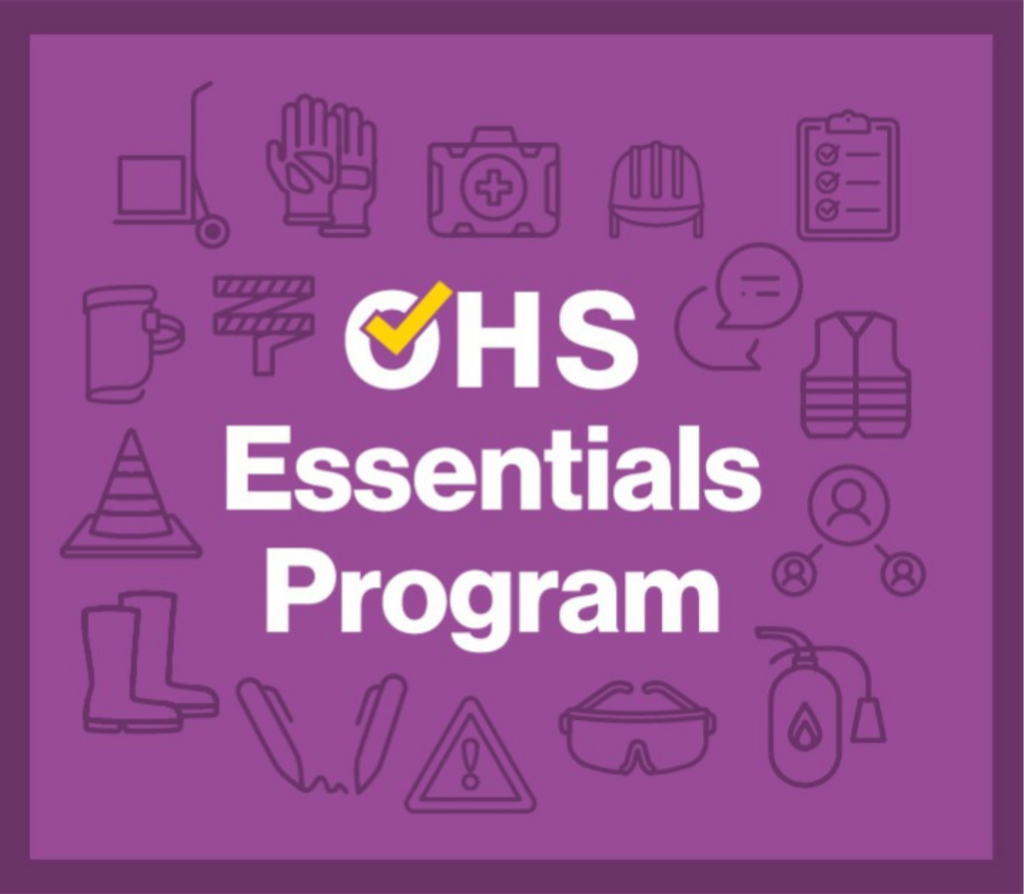A panel chaired by Professor Mary O’Kane has been asked to explore all aspects of the higher education system, “and to be bold in recommendations” that will enable the higher and broader tertiary education system to meet Australia’s priorities and needs now and in the future.
While most concerned with higher education issues, the paper does look at the higher education system’s connections with VET. This is where this article will concentrate.
What the paper covers
The discussion paper covers a range of topics and issues, including:
- The nature and purpose of higher education, and putting the paper in a current and future Australian context
- A series of challenges and opportunities for the HE sector, including quality of teaching delivery for quality learning, quality and sustainability, meeting knowledge and skill needs, creating opportunity for all Australians, having a system that delivers on new knowledge, innovation and capability and looking to better connect HE and VET. Other issues are concerned with the role of international education, governance and accountability and investment and affordability.
The discussion paper raises a series of questions for readers to consider.
HE, VET and the broader tertiary system
Section 3.3 of the discussion paper looks at this issue specifically. It points out that:
“Historically, higher education providers have focused on advanced-level knowledge and research, while VET providers generally focused on vocationally oriented and applied knowledge and skills.
[Nevertheless] While the two systems have different approaches to learning, as well as different funding and regulation settings, they are becoming increasingly intertwined” [and] “innovation and growth in both systems has led to increasing interactions and overlaps.”
This is evident when VET and HE compete at the same AQF levels (Diploma and above) and, as the paper suggests, “This reinforces the need for a non-hierarchical and flexibly applied qualifications framework that encourages recognition of credit and prior learning, as identified by the Review of the Australian Qualifications Framework (AQF)” In reality, what this means is getting serious about implementing the AQF review chaired by the late Peter Noonan AM. But, as at least one commentator has pointed out, this implementation has had a number of knotty problems.
In the discussion paper the panel pointed out that there are:
“immediate opportunities to leverage the strengths of the two sectors. [these include] A focus on building the connection in occupations that span both VET and higher education qualifications, integrating digital platforms, and leveraging existing initiatives such as the newly created Jobs and Skills Australia.”
These could be early steps towards a more harmonised system, the panel’s discussion paper suggests. This harmonisation could:
“deliver a student-centred approach, where graduates with a range of applicable skills are empowered to enter the workforce, yet also remain in lifelong learning across the tertiary education system.”
However, in the paper’s view, “understanding what these immediate opportunities are, and practical solutions to implement them, will be crucial.” In essence, it’s about careers, pathways, opportunities and good employment outcomes for learners and effective partnerships and collaborations across sectors and their respective providers. This also means that ‘parity of esteem’ issues finally need to be seriously addressed.
The paper poses three discussion questions around these issues:
- How should better alignment and connection across Australia’s tertiary education system be achieved? (q17)
- What role should reform of the AQF play in creating this alignment? (q18), and
- What would a more effective and collaborative national governance approach to tertiary education look like? (q 19)
Resources advising the review
These are worth a look and can be accessed here.
Details about the process
These can be found here, including the Minister for Education Accord Statement, details about the Panel and its membership and the Panel’s terms of reference. There is also an update from the Chair (22 February 2023) that can be viewed here.
And in terms of consultation:
“The panel will engage across all sectors and groups affected by higher education policy. This will include but is not limited to universities, higher education and VET providers, educators and researchers, students, parents, unions, business, state and territory governments and groups who have been underrepresented in higher education,” including first nations Australians.
This site outlines consultation opportunities and enable you to receive updates by submitting your email address here.








